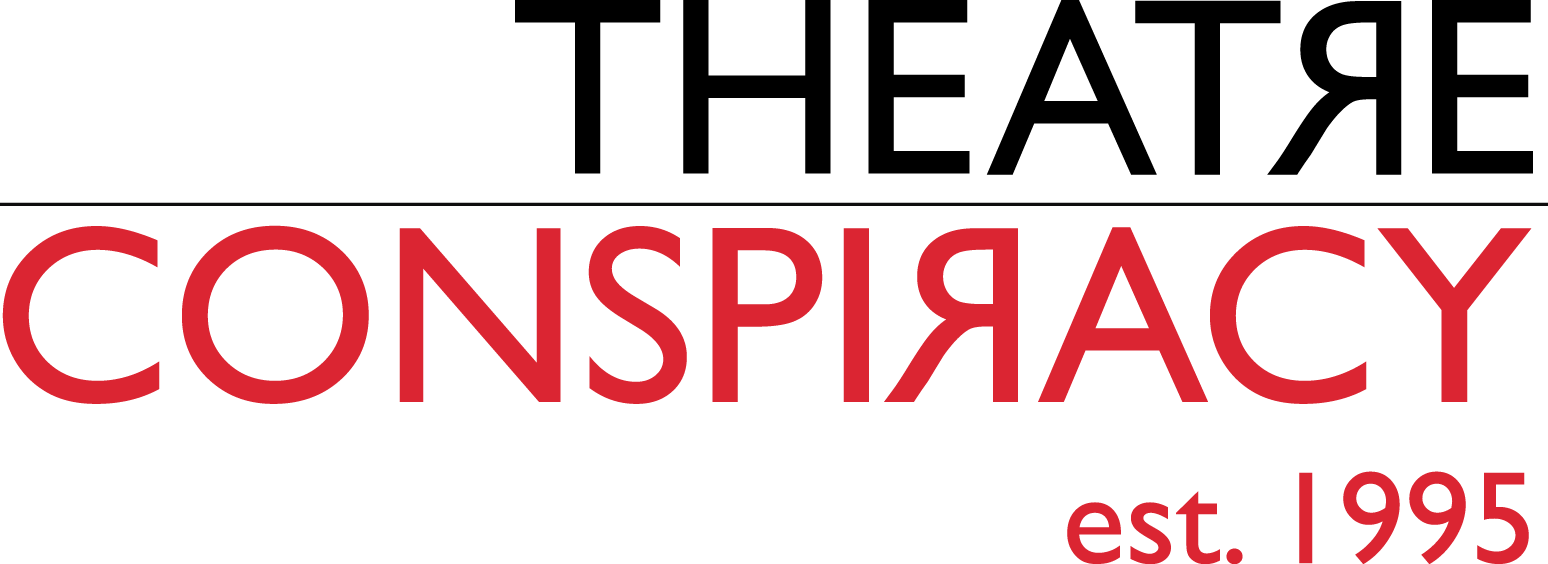PuSh | Club PuSh: conception to delivery
My wife and I are at the opening of the PuSh International Performing Arts Festival, 10th anniversary edition, and PuSh founding board member Jane Heyman has asked us all to introduce ourselves to a stranger by telling them about our connection to PuSh. I’m talking to a group, some I know and some I don’t, about my wife Lainé Slater’s ambition, with colleague Norman Armour, to help to build a Vancouver international theatre festival. Lainé was eight months pregnant. Maybe she was joking about her near-term future when she suggested the word “push” to Norman as a possible name.
Today, our daughter Calla is nearly 11. She is healthy and full of spirit. Her name means beauty. The PuSh festival is just 10 because gestation took a little longer. It is vibrant and brimming with imagination. Its name means push.
That may be the most straightforward thing about the festival, which tests the boundaries of form and definitions of art with potentially dangerous regularity. Except that houses are full, and everyone seems to be getting it. Once you cross the line, as the festival’s ubiquitous marketing suggests we do, artistic adventure needn’t be particularly scary after all.
Here’s the truth of that, a truth that has become more evident to me with almost every show I’ve seen over the years at PuSh. It was true of both of the Gob Squad shows — its opening-night instant movie, filmed in the hour before the “performance”, and its opening-week show Kitchen, which involves recasting some of Andy Warhol’s film projects from the mid-’60s. We all have shared experience. If you invite people into a show on that premise, and give them just enough hand-holds based in the basic traditions of storytelling, you can get away with showing them just about any aspect of our shared experience through a monumentally strange funhouse mirror. And almost everyone will have an awfully good time.
Some art that pushes boundaries becomes impenetrably remote. But that tends not to happen at PuSh, and I think that’s because it’s a live and very much shared experience. It’s art as a social act. And that social element breaks down boundaries between people, at the same time as the artists are driving bulldozers through theatre’s fourth walls.
Lainé and I will see a dozen shows in the festival’s remaining week, at venues all over the city, and at Club PuSh on Granville Island, which Theatre Conspiracy co-produces with PuSh. Inuit life in the 20th century will be interpreted and reinterpreted. Modern art and William Shatner will be celebrated at the very same moment that they are being mocked. Cultural differences will be relentlessly pulled apart and strangely reassembled.
At Club PuSh, there will be strange amalgams of animation and performance, a musical meta-memoir about loneliness called Duets for One, and an arthouse salon of ideas. It is the epitome of theatre as a social event. It takes the commonplace and makes it strange. Veda Hille and Bill Richardson’sA Craigslist Cantata, with lyrics drawn from want ads, began at Club PuSh. This year, in Swan Song, Hille will bring us songs about cats.
Soon enough, we’ll be able to bring Calla. At the end of her first PuSh show, she will turn to her mother and say, “Really, now, what were you thinking?”
— Charles Campbell, Theatre Conspiracy board member
___________________________________________________________________________


